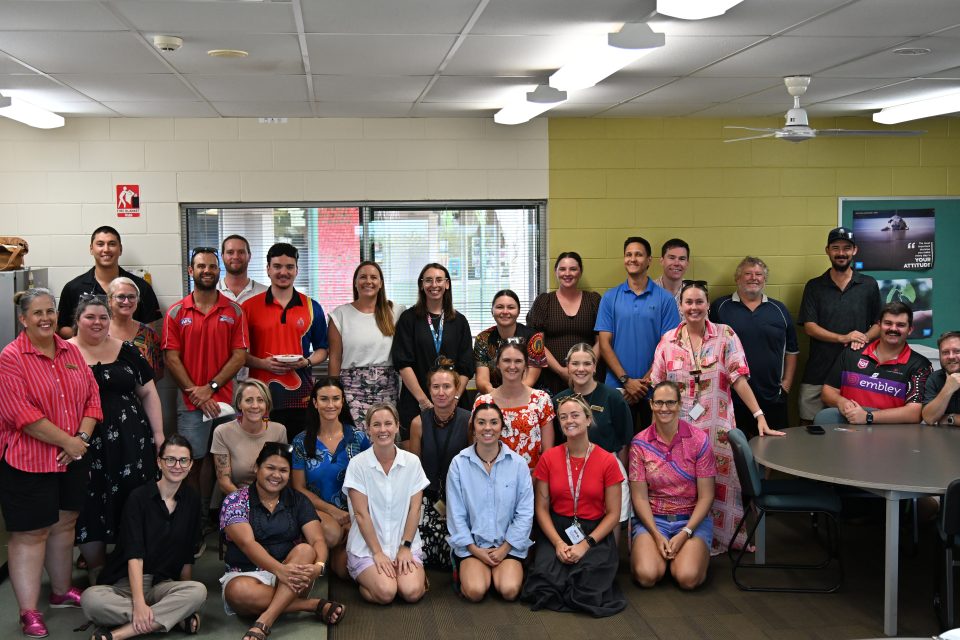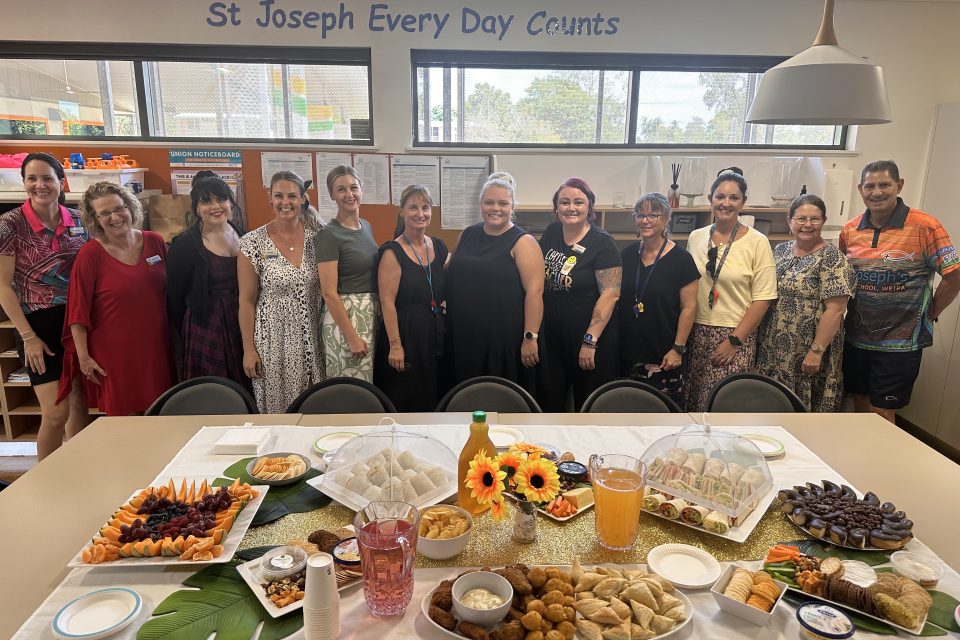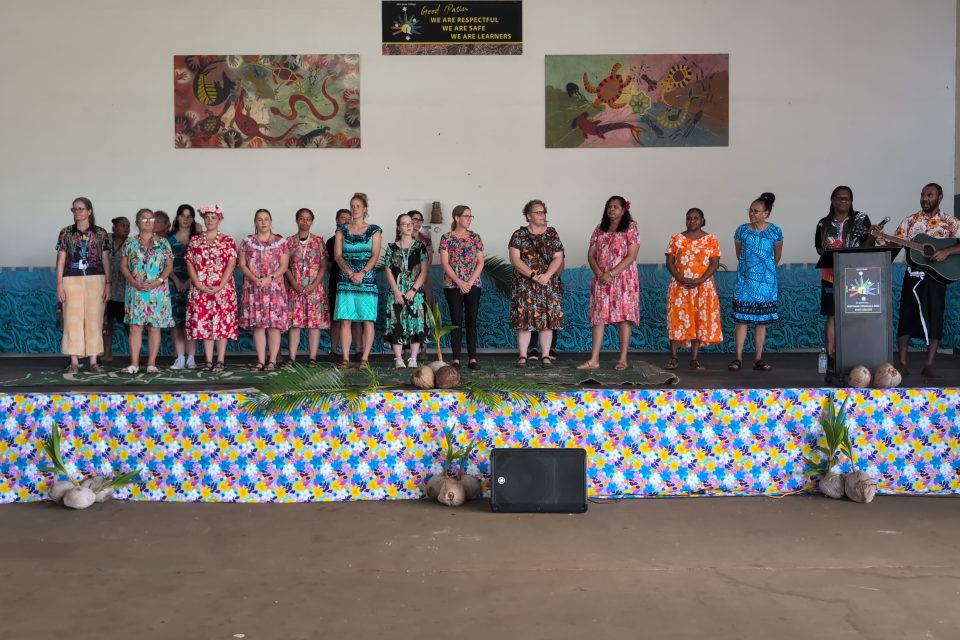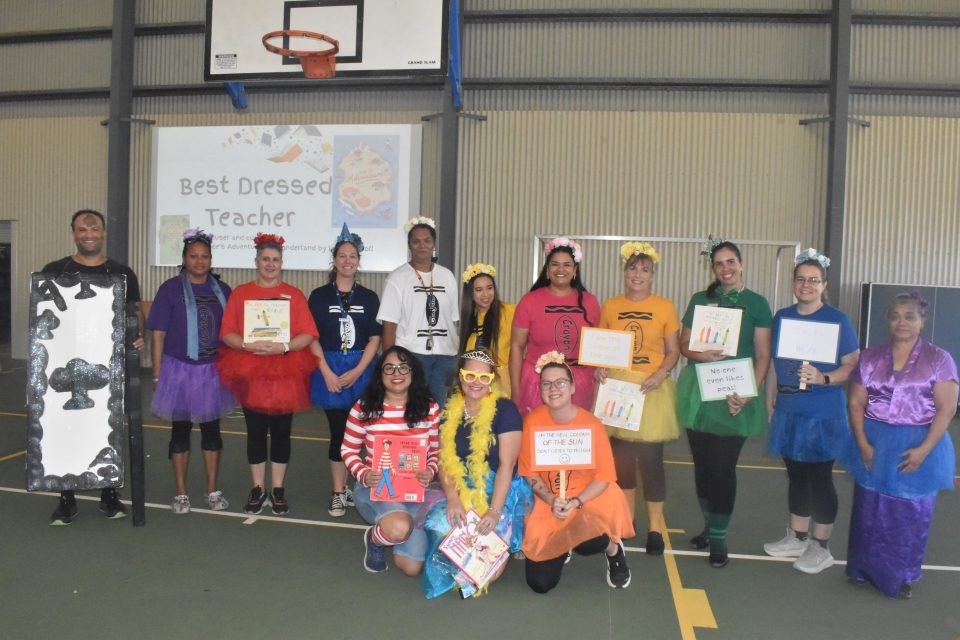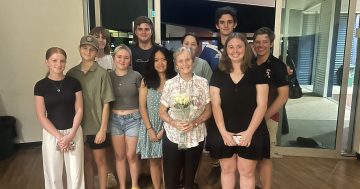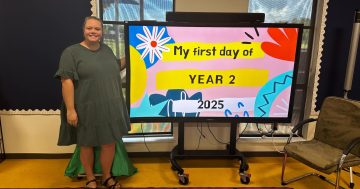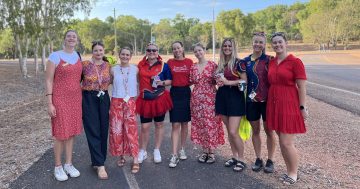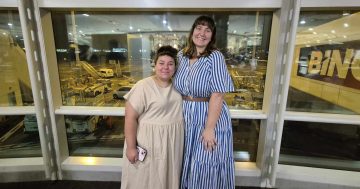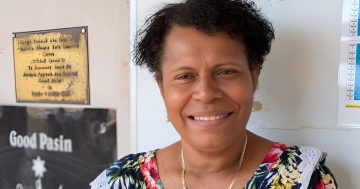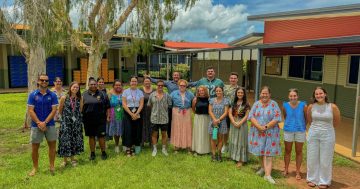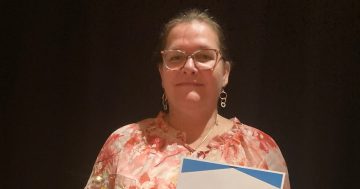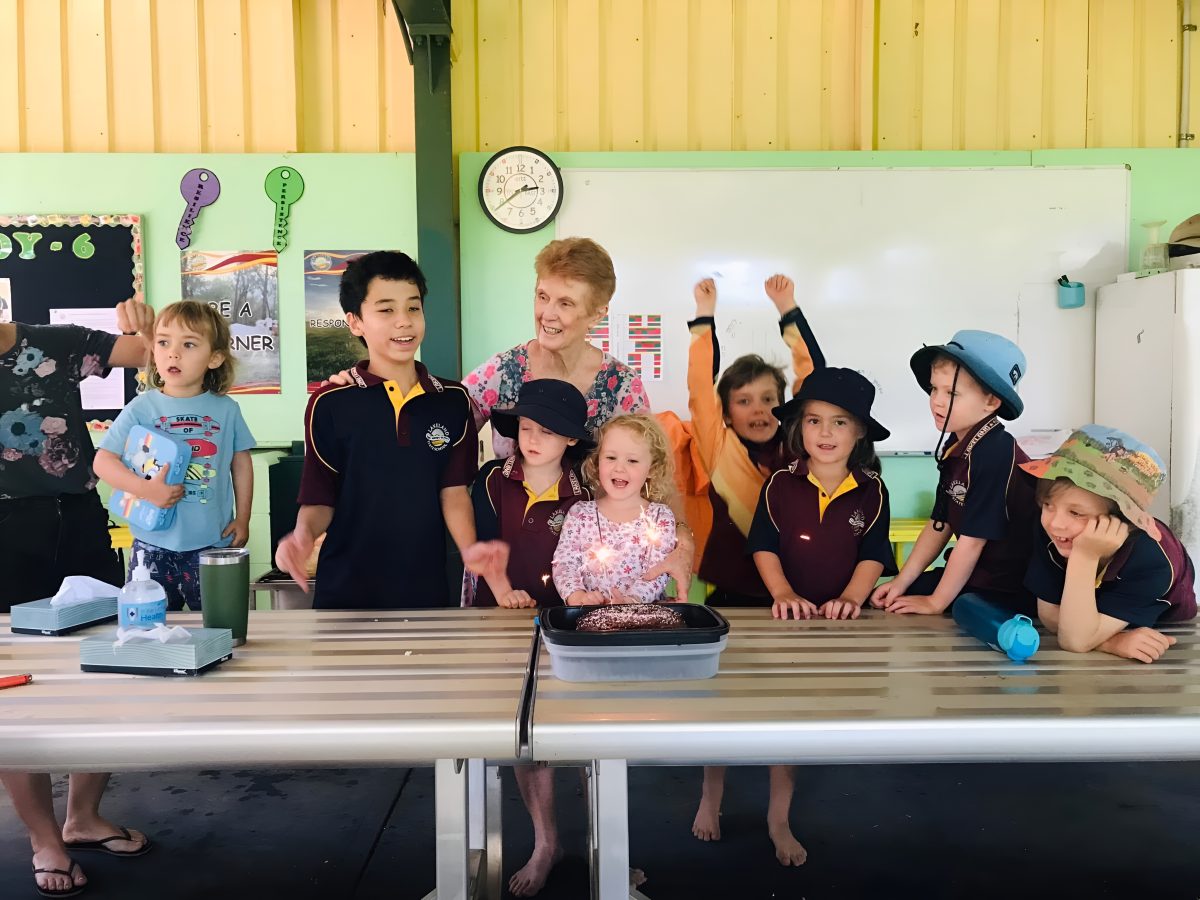
Deep connections with students kept Ruth Ernst in remote schools for 45 years. Photo: Supplied.
Whether at the beginning, middle or end of their careers, the hard-working, committed teachers who ensure our remote kids get the best education possible deserve a big thank you.
This World Teachers’ Day, on 31 October, Cape York Weekly spoke to schools across the region about the passionate educators who shape young lives each and every day.
Two educators – one recently retired principal, the other a first-year teacher – shared their stories.
After 45 years in the education industry, Lakeland State School principal Ruth Ernst retired at the end of last year but still fondly looks back on the connections she’s made with students.
For almost half a decade, Ms Ernst dedicated herself to small schools in remote communities. But she said the five years at Lakeland had been the highlight of her career.
“Working in Lakeland was the best time of my career,” she said.
“Working in the small community with such a supportive community and wonderful children, it was a very enriching time for me.
“Children were helping each other learn and looking after one another … interactions with those children brought me so much joy.”
Ms Ernst said although resourcing was always a challenge in remote schools, setting realistic expectations and a little creative problem-solving were key.
“If you expect there to be the new of everything, the most up-to-date, then you’re going to be disappointed going into a remote area because those things won’t necessarily be there,” she said.
“If you’re prepared to work from what is there, that demonstrates to children and the community that you can connect with the life they have.
“It’s knowing the children, knowing their world, working from that and allowing them to make connections from their world to things that are more abstract in their understanding.”
She encouraged everyone to appreciate and respect their teachers, who notoriously worked far more hours than they were paid for.
“I’ve been very fortunate I have always had the respect of community; and the appreciation for what I did for students was expressed by parents and community,” she said.
“I can’t speak for other teachers, but my understanding is that many feel they’re not appreciated. There seems to be a belief that the amount of time needed to complete work is not understood.
“To be a good teacher, your brain basically never switches off, which is not good wellbeing for teachers. It’s very difficult to find that balance.
“The number of teachers I’ve become aware of leaving the profession… I’m unsure how schools are going to be staffed and class sizes kept to a small number. That’s definitely a concern.”
Taking lessons from the past, enter the future of education. Western Cape College (WCC) teacher Declan Downes moved to Weipa for his first teaching role at the beginning of the year and has fallen in love with the remote community.
After studying in Cairns, Mr Downes said he now had the opportunity to wear many hats and take on new challenges in his resource-limited setting.
“The reason I made the move to remote was the opportunity to test and grow my capabilities as an educator,” he said.
“So far, this has been the case. I’ve had to learn a new teaching discipline, maths, because my university specialisations were in science and humanities.
“I have [also] had the opportunity to step into student support roles where I utilise the trauma-informed practice I have grown since moving.”
Mr Downes said although taking on new specialities had been a challenge, the support and collaboration from fellow staff helped him through.
“At first this was challenging. However, I soon realised the wealth and skills within WCC, where I have been able to understand the curriculum and contextualise this to the students in my classroom,” he said.
“This adds another reason to the ever-growing list of things I love about being a teacher at WCC. Knowing the staff in this school hold a united front in supporting and sharing their skills and knowledge in the aim to provide high-level education to the contemporary learners at WCC.”
